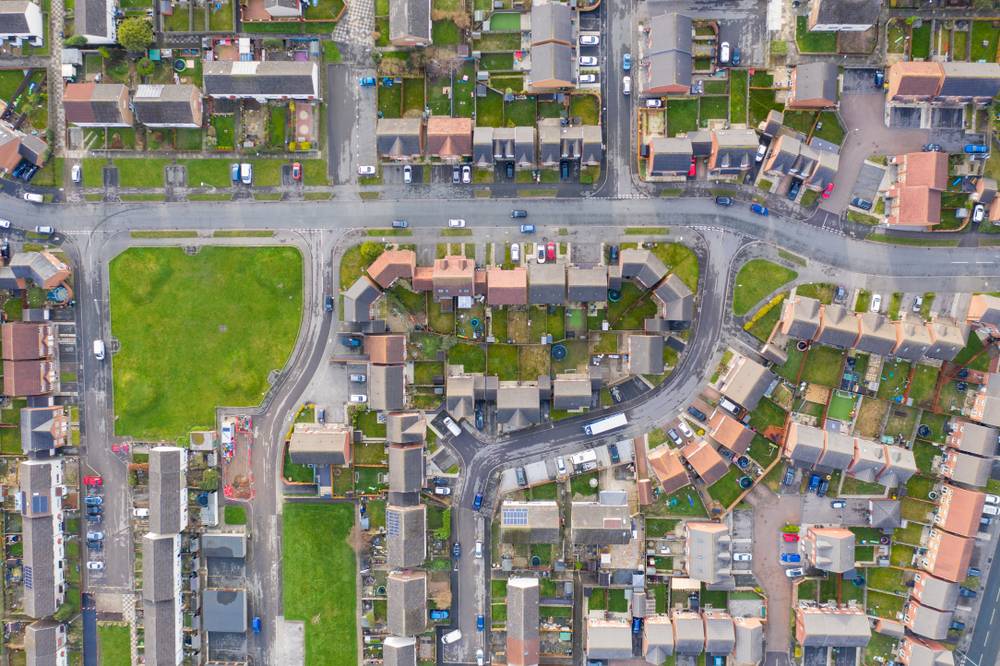Leeds City Council is carrying out a feasibility study into the development and deployment of domestic heat pumps within high-density urban communities.
The council will have a hand in creating a methodology alongside other partners to integrate heat pumps across urban areas in line with the UK’s target of installing 600,000 heat pumps a year by 2028.
Heat pump ready projects will focus on street-by-street installations of heat pump technology in high-density urban areas, like Leeds, in an effort to demonstrate a tangible pathway for a rapid transition to renewable energy that can be rolled out across other areas of the UK.
The area selected in Leeds for the potential deployment of heat pumps are private homes currently running on the gas network, made up of a wide range of house types, including a number of older and densely packed Victorian terraced properties.
“I’m delighted that this innovative project is happening here in Leeds. Heating and powering our homes produce roughly a quarter of the city’s carbon footprint, so anything that we can do to warm our homes in a better and greener way will make a big difference,” said Councillor Helen Hayden, executive member for Infrastructure and Climate for Leeds City Council.
“Leeds is already enjoying the benefits of low carbon heat pumps in dozens of our schools and council buildings and therefore it is fantastic that this project aims to help unleash this technology in our urban communities too.”
The Renewable Heat Infrastructure Network Operating System (RHINOS) project is part of the Heat Pump Ready Programme Stream 1, with phase one aiming to accelerate the commercialisation of innovative clean energy technologies and processes through the 2020s and 2030s.
It is funded by the Department for Business, Energy and Industrial Strategy (BEIS) via its £1 billion Net Zero Innovation Portfolio (NZIP).
Phase one of Stream 1 is a paid £200,000 feasibility study to support the application into Phase one, which if successful would see the trial of the innovative methodology as part of a project up worth up to £9 million.
The partnership, led by Leeds City Council, consists of Arup, Kensa Contracting, Parity Projects, University of Leeds, Leeds Sustainability Institute, Otley Energy, Legal & General, Northern Powergrid and IRT Survey.
Research conducted by WWF and ScottishPower indicated that it currently costs homes around £117 less per year to run a heat pump than an old boiler. Amidst rising utility bills, this could be a key area of development in the nation and could see rapid interest in the technology in order to keep bills low.
Despite this, the government’s £450 million Boiler Upgrade Scheme is yet to deliver increased demand for heat pumps, according to a new survey from the Ground Source Heat Pump Association (GSHPA).
In May, the government launched the new scheme designed to ease the adoption of low carbon heating technologies through a series of grants.
It offers £5,000 off the cost and installation of an air source heat pump, £5,000 off the cost and installation of a biomass boiler and £6,000 off the cost and installation of a ground source heat pump, all of which can be completed without VAT.
But the scheme is yet to deliver an upswing in enquiries for domestic heat pumps, GSHPA members have said. In fact, it found that there have been fewer enquiries over the past two months than there had been a year ago.





